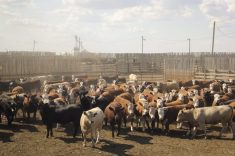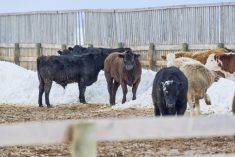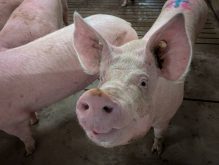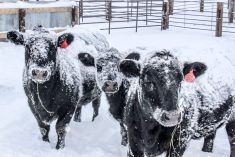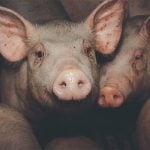The Chinese and Canadian governments have reached a certification agreement to allow Canadian exporters to resume shipping pork to China.
This first certification agreement is based on “significant negotiations recognizing OIE (World Organization for Animal Health) standards,” the Canadian government said in a release Thursday, saying the deal will put Canadian pork back on Chinese grocery store shelves.
The agreement follows “many high-level interventions from Canadian government officials,” Edouard Asnong, president of Canada Pork International, noted in a separate release.
The Canadian Pork Council, in a separate release, said the agreement is due also in part to the pork industry’s Canadian Quality Assurance (CQA) program, a HACCP-based program for on-farm food safety.
Read Also
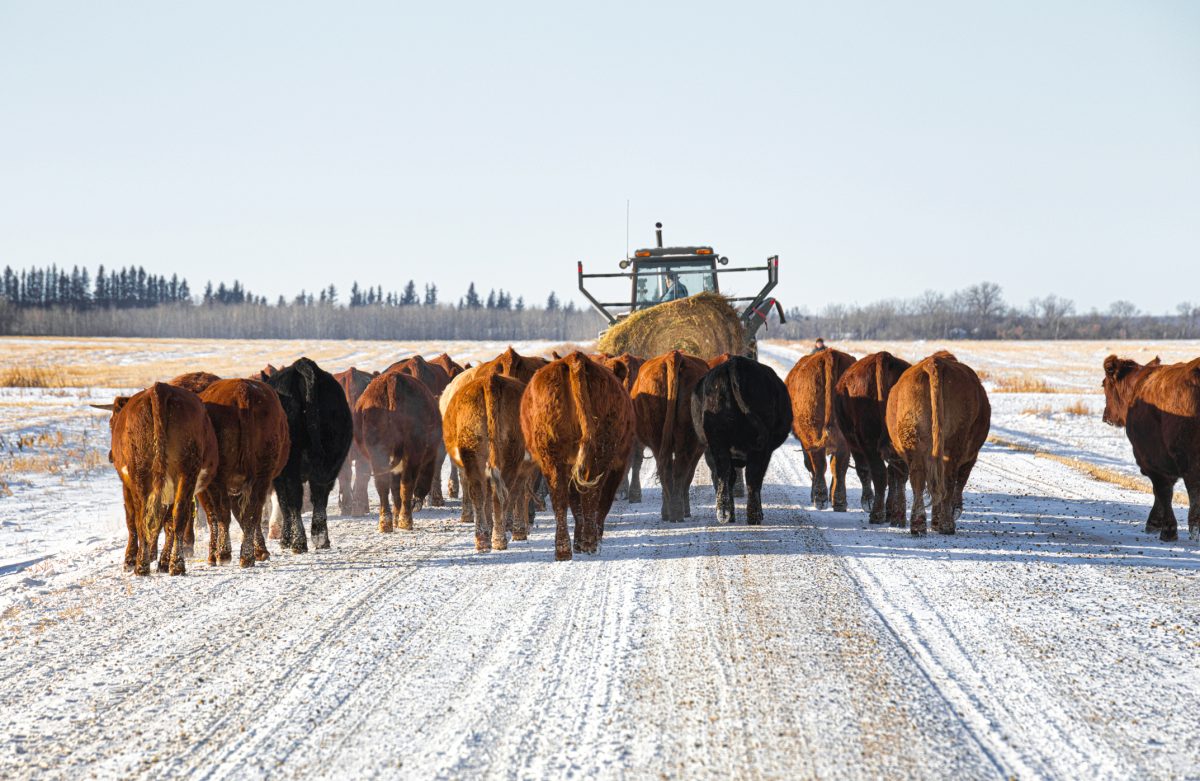
U.S. livestock: Cattle sink ahead of semi-annual inventory report
Chicago cattle futures fell on Thursday ahead of the USDA’s semi-annual cattle inventory report. Hog futures were mixed. Most-traded April…
China imposed a ban on imports of Canadian pork in May last year after the quarantine of an Alberta hog herd that contracted the pandemic human strain of H1N1 influenza.
China then agreed to move toward lifting its ban during Prime Minister Stephen Harper’s trade mission in December. Since then, Canada has been working to develop these supplementary certification requirements, the government said.
“Discussions on the Chinese importation of Canadian live swine are continuing and Canada is hopeful for early resolution,” the government added.
China, which imported $47 million worth of Canadian Pork in 2008, is a “priority market” in Canada Pork International’s export market development strategy.
“Access to the Chinese market is excellent news for Canadian pork producers and underlines the importance of recognizing international science-based standards,” Agriculture Minister Gerry Ritz said in the government’s release.
Bans on imports of pork and swine from countries with human or animal cases of H1N1 don’t comply with OIE standards, Canada Pork International said.
The OIE, World Health Organization and the United Nations’ Food and Agriculture Organization all agree no additional trade restrictions should be imposed on pork that has passed veterinary inspection, the export agency said, emphasizing again that influenza is not a food-borne illness and doesn’t affect pork safety.
Ritz, who spoke to reporters Thursday from Paris, met there with OIE director general Bernard Vallat and pledged an additional $2 million in Canadian government funding for the OIE over the next four years.
“This increased investment will support the important role the OIE plays in determining international science-based guidelines that govern the safe movement of animals and animal products,” Ritz said.
Ritz was also in Paris for the Organization of Economic Co-operation and Development’s (OECD) agriculture ministers’ meeting.



